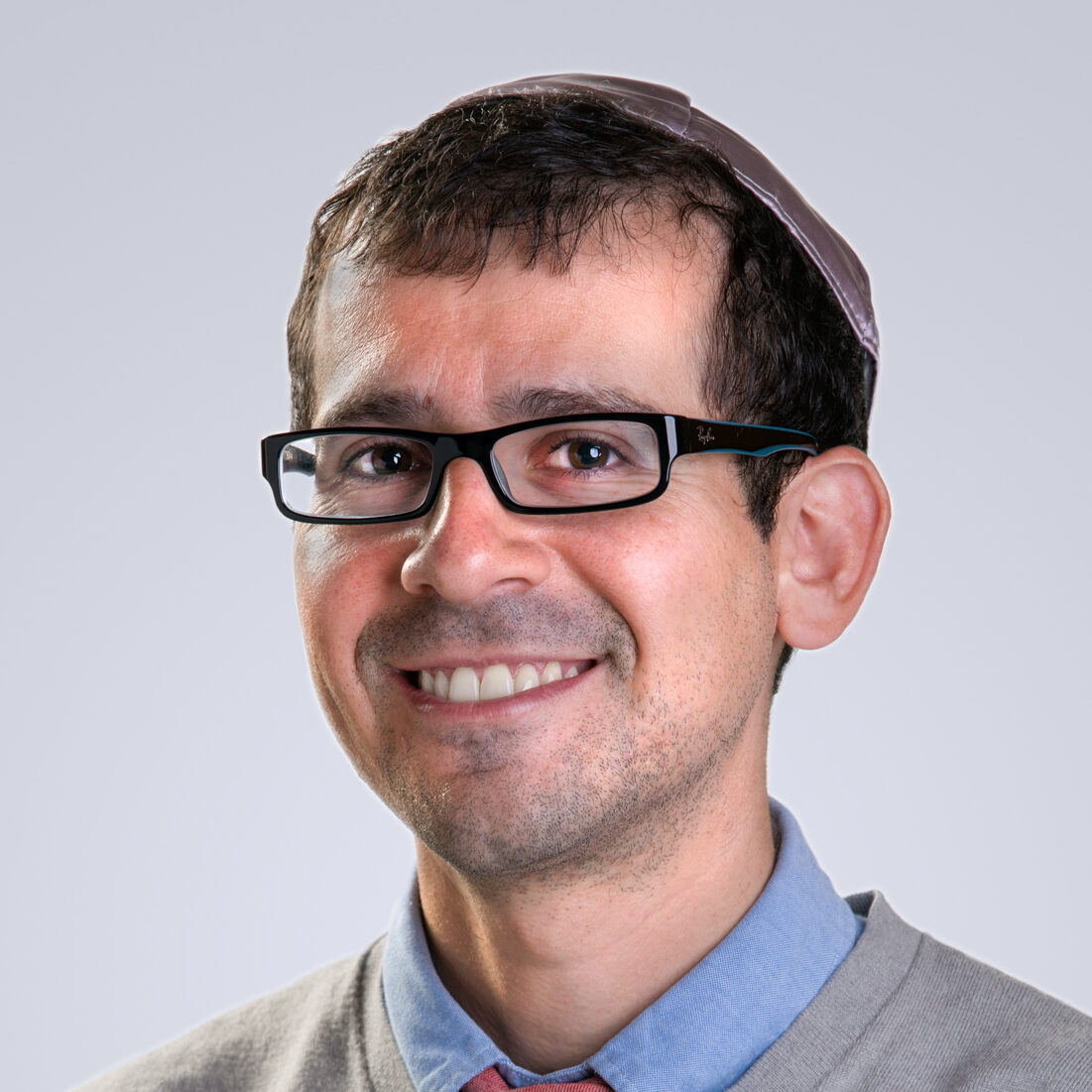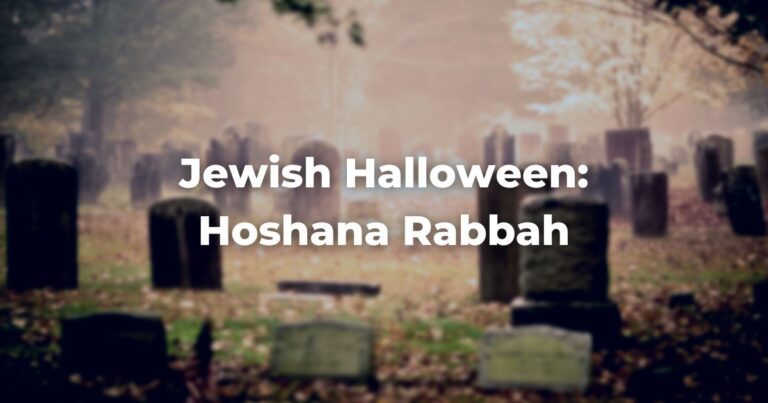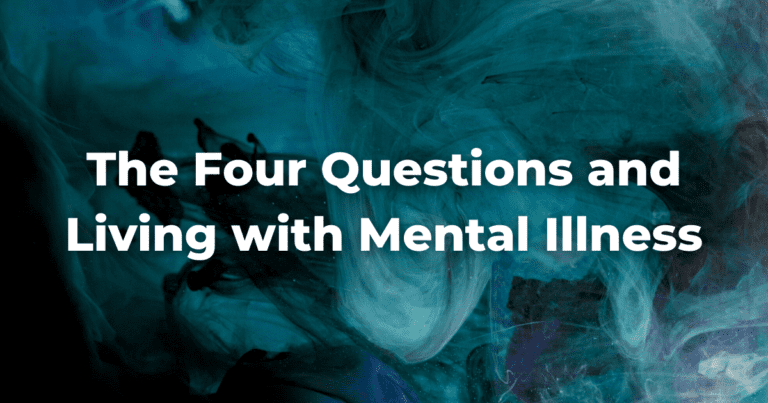Confessional
אֱלֹהֵֽינוּ וֵאלֹהֵי אֲבוֹתֵֽינוּ וְאִמוֹתֵינוּ,
תָּבֹא לְפָנֶֽיךָ תְּפִלָּתֵֽנוּ,
וְאַל תִּתְעַלַּם מִתְּחִנָּתֵֽנוּ,
שֶׁאֵין אֲנַֽחְנוּ עַזֵּי פָנִים וּקְשֵׁי עֹֽרֶף לוֹמַר לְפָנֶֽיךָ,
ה׳ אֱלֹהֵֽינוּ וֵאלֹהֵי אֲבוֹתֵֽינוּ וְאִמוֹתֵינוּ,
צַדִּיקִים אֲנַֽחְנוּ וְלֹא חָטָֽאנוּ.
אֲבָל, אֲנַֽחְנוּ וַאֲבוֹתֵֽינוּ וְאִמוֹתֵינוּ חָטָֽאנוּ:
Our God and God of our ancestors,
Let our prayer come before You,
And don’t hide Yourself from our supplication,
for we aren’t so brazen-faced or stiff-necked to declare before You, Adonai, our God and God of our ancestors,
We are righteous ones and have not erred.
Truly, we and our ancestors have erred.
As confession is one of the first steps of restitution, (Leviticus 5:5)
And Judaism teaches that “we are responsible for the errors of our ancestors when we hold onto them”, (Sifra)
Perpetuate them,
Repurpose them,
Or simply allow them to go unaddressed,
We offer this contemporary “Ashamnu,” for we have erred.
With some of these sins we continue to engage,
Others are part of America’s complex historical narrative,
Prosperity built upon the backs of enslaved and exiled peoples.
We own these narratives:
Slave Auctions, Bias (explicit and implicit), Convict Leasing De facto segregation, White Exceptionalism, Forced Displacement, Gerrymandering, Hegemonic Oppression, Institutional Racism, Jim Crow, Lynching, Microaggressions, White Nationalism, Optical Allyship, Predatory Lending, Quelching Black Voices, Racial Profiling, Sundown towns, Tokenism, Underserving minorities, Voter Suppression, White fragility, Xenophobia, Youth Incarceration, Racial Zoning (or Redlining).
Commentary
וְאַל תִּתְעַלַּם מִתְּחִנָּתֵֽנוּ / And don’t hide Yourself from our supplication
Just as we ask the Omnipresent not to ignore our supplication, we are Deuteronomy 22:3 instructs us to help our fellow whose ox, i.e. their primary transportation and economic welfare, has lost its way. Interestingly, this verse uses the exact same verbal root in the same reflexive hitpa’el binyan, meaning “לֹא תוּכַל לְהִתְעַלֵּם You may not hide yourself (from helping)”. Or, we might translate this phrase “you may not remain aloof or indifferent”. Likewise, we, who turn to the Holy One in supplication, should not be disinterested in the plight of descendants of the enslaved, who have not only lost family, culture, and economic prosperity through chance, but through a history of predation.
אֲבָל אֲנַֽחְנוּ וַאֲבוֹתֵֽינוּ וְאִמוֹתֵינוּ חָטָֽאנוּ / Indeed, we and our ancestors have erred
Abudarham connects this motif of collective responsibility Joseph’s brothers’ confession. In Genesis 42:21-22, standing before Pharaoh’s viceroy (who is, unbeknownst to them, Joseph) they join together in admitting their culpability and remorse for cruel treatment of their brother, saying, “אֲבָל אֲשֵׁמִים אֲנַחְנוּ / Indeed, we are guilty”. These words are strikingly similar to “ אֲבָל אֲנַֽחְנוּ חָטָֽאנוּ / Indeed, we have sinned” in the Yom Kippur confession.
For the first time, we learn not only of the facts of the brothers’ wrongdoing, but catch a glimpse of the terror both Joseph and his brothers must have felt as he pleaded for his life and how they are haunted by the memory of ignoring his cries. Moreover, according to Rabbi Elie Kaunfer, who unpacks Abudarham’s word association, their “admission of guilt”, indicates “that the brothers themselves are experiencing the suffering that Joseph endured when thrown into the pit. Sitting in jail for three days [Genesis 42:17], the brothers reenact Joseph’s time in the pit, also known as a place of temporary detention in the Bible.
The admission of guilt in this case is only after walking in the footsteps of the aggrieved party”. Kaunfer intuits from this episode that actions long past “may still be recalled and wrongdoing admitted”.
Abudaraham’s and Kaunfer’s insights into this liturgical phrase, called the essential element of the Confession by the Babylonian TalmudReferring to one of two collections, the Jerusalem and Babylonian Talmuds, edited in the 6th century, that contains hundreds of years of commentary, discussion, and exploration of the ideas in the Mishnah. One could describe it as Mishnah + Gemara = Talmud: Yoma 87b and Maimonides’ Mishneh TorahRefers to the first five books of the Hebrew Bible, the Tanakh, also called the Five Books of Moses, Pentateuch or the Hebrew equivalent, Humash. This is also called the Written Torah. The term may also refer to teachings that expound on Jewish tradition.: Laws of Repentance 2:8, illuminates a way forward for national repentance.
The U.S., on one hand, turned to the Hebrew Bible’s powerful liberational myths in founding an independent nation. In fact, Franklin and Jefferson’s proposed national seal depicts the Israelites standing on the far shore of the Reed Sea while Pharaoh’s charioteers drown in the surf. “Rebellion to tyrants is obedience to God ” the seal reads.
Yet, simultaneously, the fledgling country continued its ruthless and calculated extraction of indigenous land and forced labor and enslavement of people brought from West Africa. This enterprise built enormous American wealth as enslavement shifted from the Translatlantic to the Domestic Slave Trade to Convict Leasing to Mass Incarceration. It would seem, then, that a national reckoning, followed by confession, education, and restitution are the way forward as Americans and Jews.
אֲנַֽחְנוּ וַאֲבוֹתֵֽינוּ וְאִמוֹתֵינוּ / We and our ancestors have erred
The addition of “our ancestors” was added in the Middle Ages, yet resonates with the challenges of the American experience. On the one hand, the Hebrew Bible and its interpreters teach that parents are not punished for the errors of children nor children on account of parents and yet, there is an exception.
Based on an interpretation of Leviticus 26:39, which states that when the people cease to create a society that embodies holiness, the people shall become “heartsick over the errors of their ancestors”, Rabbi Akiva’s students teach that this applies “when the descendants hold onto the errors of their ancestors”. Shadal views the Divine punishment of descendants for the transgressions of their ancestors described in the Bible not as retribution but causality.
Witnessing their forebears’ errors and wrongdoing, the children consciously and subconsciously imbibe, embody, and perpetuate them. Likewise, Rabbi Eliezer Melamed teaches that children incline toward their parents’ behavior and that the childrens’ verbalization of both their own and their parents’ shortcomings (particularly applicable to the communal recitation of errors in the Yom Kippur confession) helps them break away from these patterns.
In our case, when children witness their parents, grandparents, legislators, educators, and clergy deny the spiritual maladies of America’s racist policies and inequity, it is natural for them to deny that they are responsible for addressing and engaging with these injustices and hold onto them!
Author
-

Michael works as Rav-Chazzan at Temple Emeth in Chestnut Hill, MA. President of the New England Region of the Cantors Assembly, he also serves on the CA Executive Committee, the Conservative Masorti Committee for Jewish Laws and Standards, and the Rabbinical Assembly's Racial Justice Subcommittee. He teaches courses through Hebrew College Open Circle Learning and at the Academy for Jewish Religion in NY. In his spare time, he loves to boulder and write poetry. His paper about the Golem and A.I. will be published by the Association for Jewish Studies this summer.
View all posts





